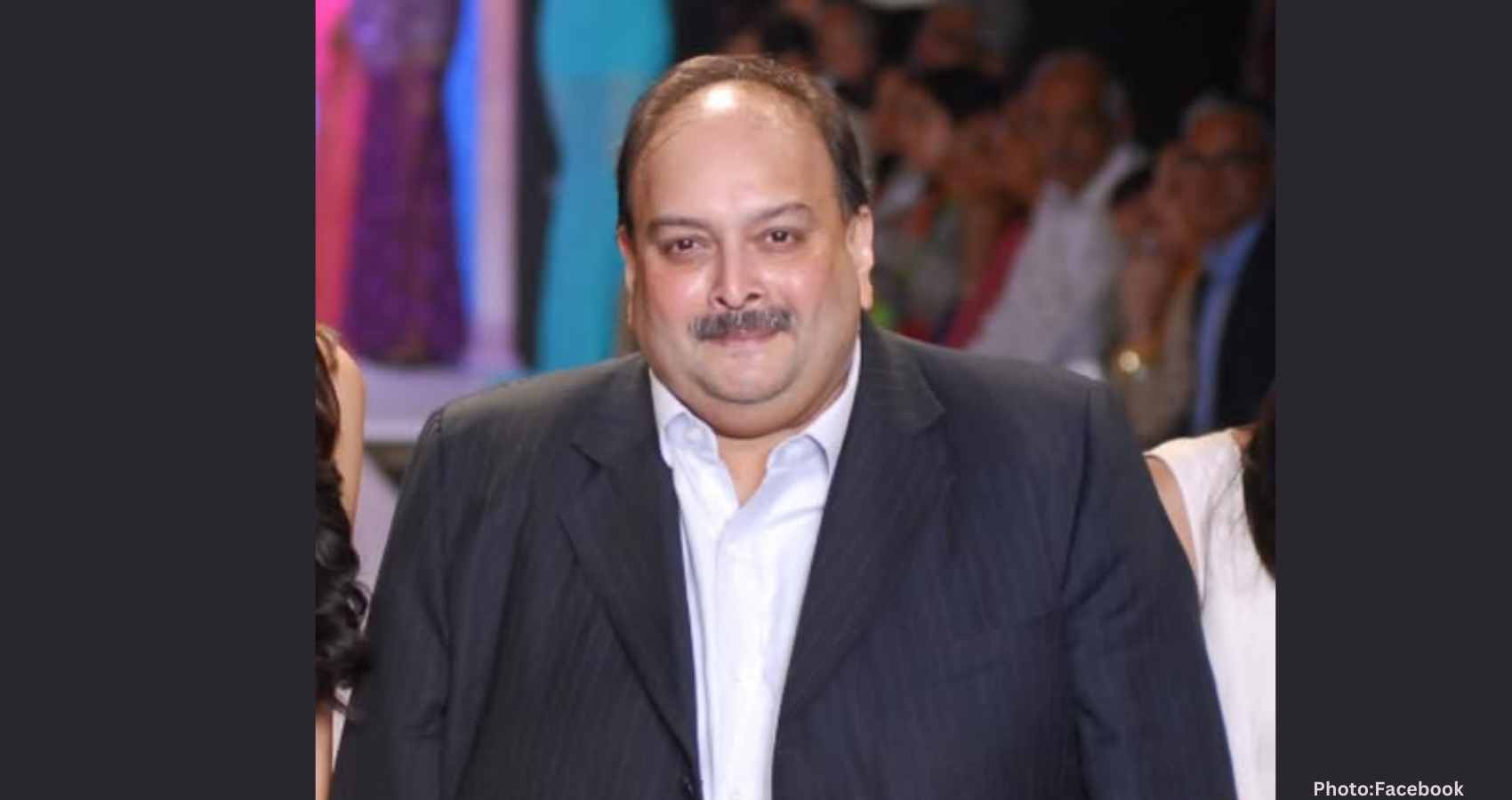Fugitive diamond trader Mehul Choksi’s extradition to India may be finalized by September 19, following a critical hearing in the Antwerp Court of Appeal regarding Indian arrest warrants.
Mehul Choksi, a fugitive diamond trader implicated in the ₹13,500 crore Punjab National Bank (PNB) scam, is set to face a pivotal hearing at the Antwerp Court of Appeal on September 19. This hearing will address his appeal against the enforceability of arrest warrants issued by a special Central Bureau of Investigation (CBI) court in Mumbai.
Belgian officials confirmed on Monday evening that a decision regarding Choksi’s appeal will be announced later, and he will not receive any interim relief until that time. Sources indicate that if Choksi loses the appeal, it would eliminate a significant legal barrier to his extradition. Should the Belgian court uphold the Indian warrants, Choksi would remain in custody in Antwerp while the Belgian justice ministry initiates the process of transferring him to India.
Choksi may attempt a limited appeal to Belgium’s Court of Cassation if the Antwerp court rules against him. However, such an appeal would only address points of law rather than re-examine the facts of the case, leaving him with minimal options for delaying extradition. Indian officials are optimistic that once the warrants are validated, Choksi’s extradition could be completed before the end of the year.
Choksi was arrested in Antwerp on April 11 after India formally requested his extradition under a bilateral treaty ratified in 2020. The Antwerp court denied his bail plea on April 24, citing concerns that he might abscond again, given his history of evading authorities. His appeal against the enforceability of the Indian arrest warrants, which was first heard in late April, is currently under review by the appellate bench.
For years, Choksi has employed various strategies to resist extradition to India. However, his options appear to be dwindling rapidly. After fleeing India in January 2018, just before the PNB scam became public knowledge, he acquired citizenship in Antigua and Barbuda and utilized multiple jurisdictions to delay legal proceedings.
In December of the previous year, The Sunday Guardian reported that Choksi was in Belgium receiving medical treatment in an Antwerp hospital while simultaneously suing the Government of India in UK courts. This legal maneuvering was seen as an effort to complicate his extradition process. He also initiated a damages claim, alleging mental and physical trauma caused by actions taken by Indian agencies, which many viewed as a tactic to stall legal proceedings.
Choksi’s family has established connections in Belgium, with siblings and relatives residing in Antwerp. This familial presence has enabled Indian agencies, including the CBI and the Enforcement Directorate, to advocate for action under the India-Belgium extradition treaty, which encompasses serious financial crimes such as fraud, corruption, and money laundering. India has also invoked international conventions, including the UN Convention against Transnational Organized Crime and the UN Convention against Corruption, to bolster its extradition request.
The upcoming hearings in Antwerp will determine the validity of the Indian arrest warrants issued in 2018 and 2021 for execution in Belgium. This decision represents a critical juncture in the protracted extradition battle. For India, which has dispatched joint CBI-ED teams to collaborate with Belgian authorities, a favorable outcome could signify a breakthrough after years of unsuccessful efforts.
Official sources have indicated that Choksi’s extradition is inevitable and could occur as soon as this year, as all necessary requirements outlined by the Belgian judicial system for extraditing a fugitive have been met and communicated to the relevant authorities.
Source: Original article

